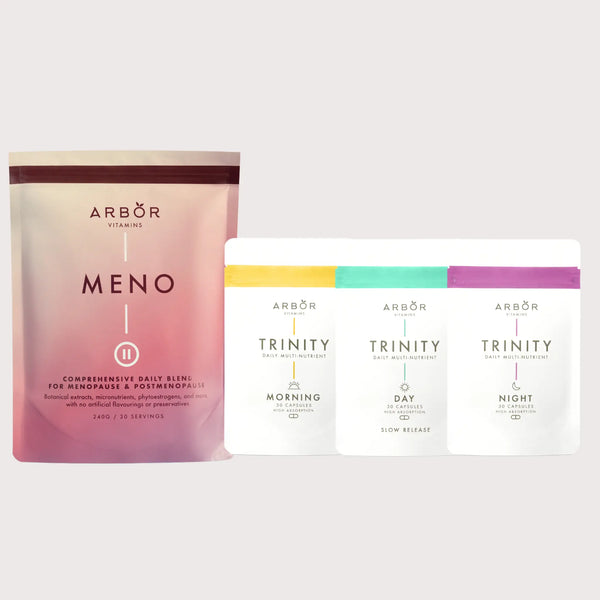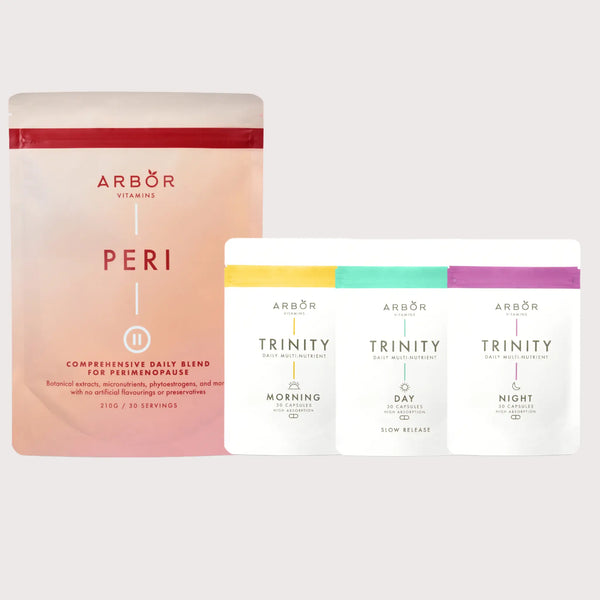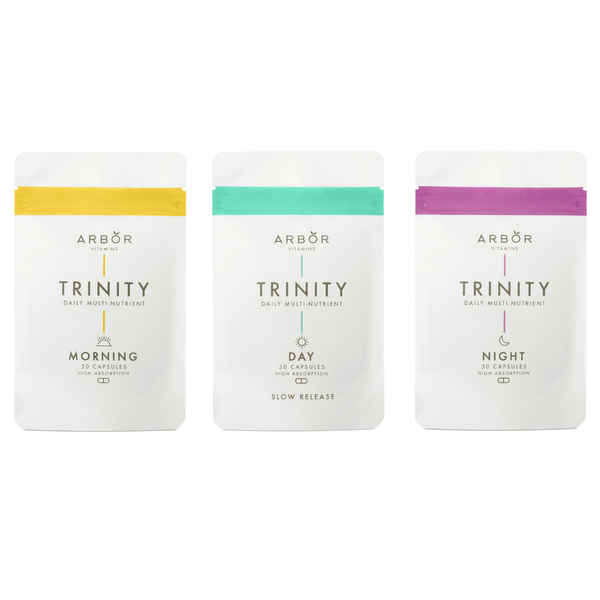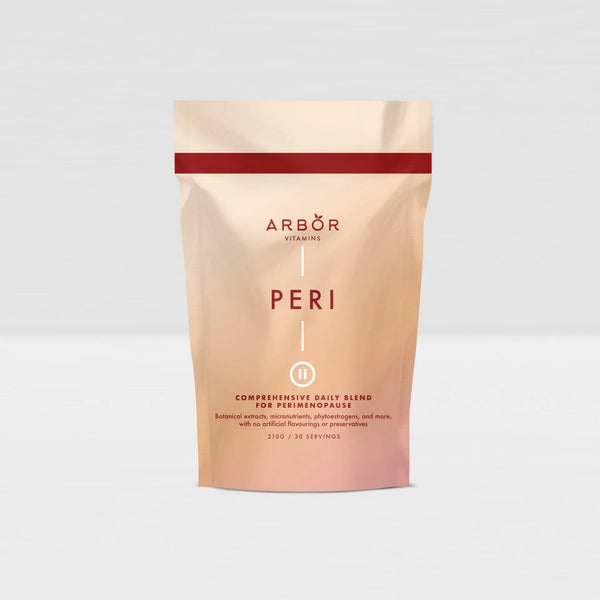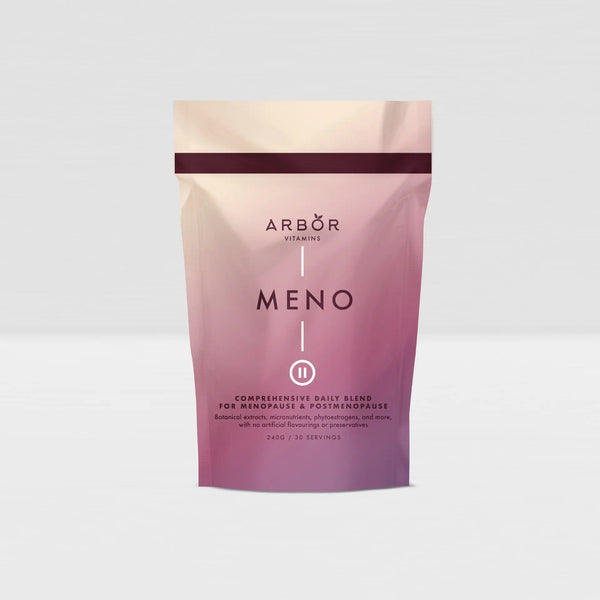Vegan and Vegetarian Nutrient Deficiencies How to Prevent the Most Common Ones
Vegan and Vegetarian Nutrient Deficiencies: The rise in vegetarianism and veganism in recent years has prompted much discussion and research into the potential health benefits and risks associated with these diets. While plant-based diets offer numerous health benefits, including a lower risk of chronic diseases like heart disease, certain cancers, and diabetes, they can also present certain nutritional challenges. This article explores some of the most common nutrient deficiencies faced by vegetarians and vegans and provides evidence-based suggestions to mitigate these risks.
This guide is tailored to discuss the potential nutrient deficiencies faced by both vegetarians and vegans, while also giving top tips to ensure nutritional adequacy.
1. Vitamin B12: The Vital Vitamin
Deficiency Risk: Synthesised exclusively by microorganisms, Vitamin B12 doesn't naturally occur in plant foods. This puts vegans, and to a lesser extent, vegetarians, at risk of deficiency2.
Consequences: The absence of adequate B12 can have far-reaching consequences—megaloblastic anemia, fatigue, neurological disturbances, and, in severe cases, irreversible nerve damage2.
Solutions:
- Vegetarians: The saving grace for vegetarians is that B12 is present in eggs and dairy products. Consuming them regularly can help meet daily requirements.
- Vegans: The landscape isn't barren for vegans either. Many breakfast cereals, plant-based milks, and meat substitutes are fortified with B12. A daily supplement can also bridge the gap, especially for those with increased needs, such as pregnant women. Periodic blood tests are a prudent way to monitor levels2.
2. Iron: More Than Just Metal
Deficiency Risk: Two types of iron grace our diet—heme (found in animal foods) and non-heme (found in plants). The conundrum lies in the bioavailability; non-heme iron is less efficiently absorbed3.
Consequences: Iron is quintessential for various bodily functions, most notably, oxygen transport. A deficit can lead to iron-deficiency anemia, manifesting as fatigue, paleness, and decreased immunity3.
Solutions:
- Vegetarians: Eggs and dairy do contribute some iron. However, for the major part, vegetarians share the same challenges as vegans regarding iron absorption from plant foods.
- Vegans: To bolster absorption, consume iron-rich foods like beans and lentils alongside vitamin C-rich foods, such as oranges or bell peppers. Cooking in cast iron pans can also leach iron into foods3.
3. Calcium: Building Strong Foundations
Deficiency Risk: Often associated with dairy, calcium is crucial for bone health. The dilemma for especially vegans is two-fold: avoiding dairy and the reduced bioavailability of calcium from certain plant sources due to antinutrients4.
Consequences: Over time, insufficient calcium can predispose individuals to osteoporosis and related fractures4.
Solutions:
- Vegetarians: With access to dairy, most vegetarians can comfortably meet their calcium requirements.
- Vegans: Almonds, fortified plant milks, tofu set with calcium, and certain leafy greens (like collard and turnip greens) are excellent sources. It's also beneficial to incorporate a variety of calcium sources daily to ensure adequacy4.
4. Omega-3 Fatty Acids: Brain Food and Beyond
Deficiency Risk: Omega-3 fatty acids, particularly EPA and DHA, are abundant in fatty fish. While ALA, another omega-3, is plant-derived, the body's conversion of ALA to EPA and DHA is notably inefficient5.
Consequences: These fatty acids are vital for brain health, cardiovascular well-being, and possess anti-inflammatory properties5.
Solutions:
- Vegetarians: Omega-3 enriched eggs offer a source of these fatty acids.
- Vegans: Relying on foods high in ALA—flaxseeds, chia seeds, walnuts—is crucial. For DHA, algae-based supplements are an emerging and sustainable choice5.
5. Vitamin D: The Sunshine Vitamin
Deficiency Risk: Limited food sources and inadequate sunlight exposure, especially in northern latitudes, can jeopardize vitamin D status6.
Consequences: Beyond bone health, vitamin D plays roles in immune function, mood regulation, and disease prevention6.
Solutions:
- Vegetarians: Fortified dairy products and eggs (specifically, yolks) provide some vitamin D.
- Vegans: Fortified plant-based foods and sunshine remain primary sources. However, due to the challenges of adequate sun exposure for many, a vitamin D2 supplement (which is vegan) or lichen-derived D3 supplements can be considered6.
Heavily processed plant-based foods, often hailed as alternatives to animal-based products, have garnered significant attention in recent years. While they offer convenient and sometimes more sustainable dietary options, there are potential health risks associated with their overconsumption. These products often contain high levels of sodium, added sugars, unhealthy fats, and artificial additives, all of which can negatively impact cardiovascular health, blood pressure, and overall metabolic well-being. Furthermore, the processing can strip these foods of their natural nutrients, rendering them nutritionally inferior to whole plant foods. Additionally, they might not always deliver on the promise of being a "healthier alternative," as the phytochemical-rich matrix found in whole plants, known for its myriad health benefits, is often lost in the processing continuum. Thus, while they can be enjoyed as a part of a balanced diet, relying heavily on these processed plant-based foods at the expense of whole foods might not confer the full health advantages of a plant-centric diet.
Conclusion
While the roads of vegetarianism and veganism diverge in several aspects, their destination is similar: a healthful, balanced diet. Through a mix of informed food choices, strategic pairing, and, when necessary, supplementation, individuals can not only mitigate deficiencies but truly thrive on these diets. Like all diets, periodic consultation with a nutrition professional can provide personalised guidance and peace of mind.
References:
-
Appleby, P. N., & Key, T. J. (2016). The long-term health of vegetarians and vegans. Proceedings of the Nutrition Society, 75(3), 287-293.
-
Pawlak, R., Parrott, S. J., Raj, S., Cullum-Dugan, D., & Lucus, D. (2013). How prevalent is vitamin B12 deficiency among vegetarians?. Nutrition reviews, 71(2), 110-117.
-
Hurrell, R., & Egli, I. (2010). Iron bioavailability and dietary reference values. The American journal of clinical nutrition, 91(5), 1461S-1467S.
-
Weaver, C. M. (2013). Calcium supplementation: is protecting against osteoporosis counter to protecting against cardiovascular disease?. Current osteoporosis reports, 11(2), 83-88.
-
Davis, B. C., & Kris-Etherton, P. M. (2003). Achieving optimal essential fatty acid status in vegetarians: current knowledge and practical implications. The American journal of clinical nutrition, 78(3), 640S-646S.
-
Holick, M. F. (2007). Vitamin D deficiency. New England Journal of Medicine, 357(3), 266-281.


